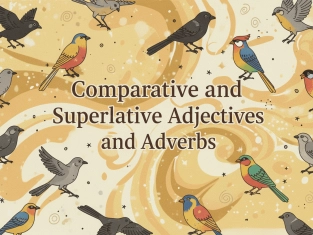Defining and Non-defining Relative Clauses
Table of Contents
Exercises
Explanation
There are two types of relative clauses:
-
Defining relative clauses
-
Non-defining relative clauses
1. Defining Relative Clauses
A defining clause gives important information. Without it, the sentence does not make full sense. We do not use commas.
Pronouns used
-
For people: who / that
-
For things: which / that
Examples
-
The woman who lives next door is a doctor.
(= We need the clause to know which woman.) -
I lost the book that you gave me.
-
The café which opened last month is already popular.
2. Non-defining Relative Clauses
A non-defining clause adds extra information. You can remove it, and the basic meaning stays the same. We use commas before and after the clause.
Pronouns used
-
For people: who
-
For things: which
-
We do NOT use “that” in non-defining clauses.
Examples
-
My sister, who works in Spain, is visiting next week.
(= The main information: my sister is visiting.) -
Our house, which was built in 1920, has a small garden.
-
The concert, which I really enjoyed, finished late.
3. Relative Pronouns – Quick Guide
|
Meaning |
People |
Things |
Possession |
|
Defining |
who / that |
which / that |
whose |
|
Non-defining |
who |
which |
whose |
Examples with “whose”
-
The girl whose phone was stolen went to the office.
-
The company whose products we use is very reliable.
4. Relative Clauses as Subject or Object
A. Relative pronoun as the subject
-
The student who won the prize is from Brazil.
-
The dog that sleeps in the yard belongs to my neighbour.
B. Relative pronoun as the object
You can omit the pronoun in defining clauses.
-
The teacher (who/that) I spoke to was very helpful.
-
The shoes (which/that) she bought are too small.
But you cannot omit pronouns in non-defining clauses.
5. Prepositions in Relative Clauses
In defining clauses, the preposition usually goes at the end:
-
The café (which/that) we went to was cheap.
-
This is the topic (which/that) they are talking about.
In non-defining clauses, it stays inside the clause:
-
The museum, which I told you about, is closed today.

